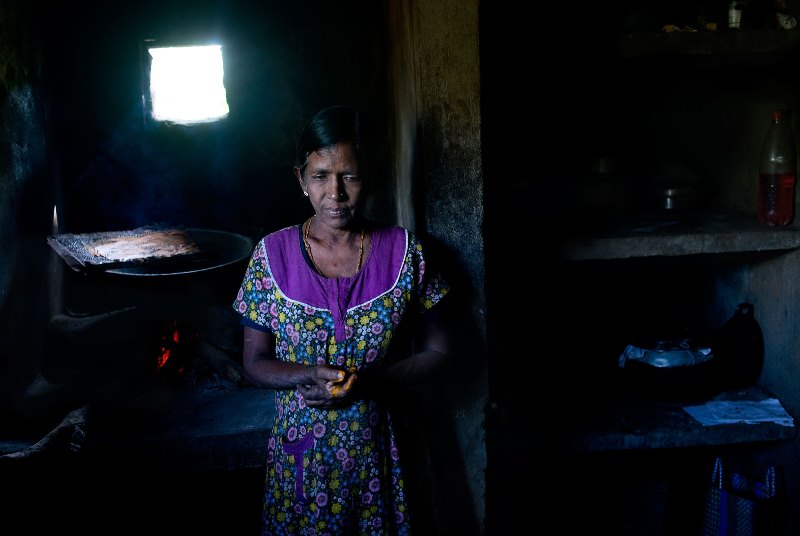Women affected by the war
- Whilst at the forefront of demands for truth and justice, women affected by the war in the North and the East also bear the brunt of economic problems, particularly with the loss of land, livelihoods and economic networks, which are often aggravated by the death or disappearance of men. However, the social and economic costs of the war borne by women are yet to be fully accounted for and ranges from loss of livelihoods and reduced school years to early marriage and more. Post-war militarisation has also placed additional risks and burdens, especially on girls and women heads of households and women ex-combatants.(72) The military occupation of lands has also undermined women’s economic security and the resistance to such occupation has invited threats and reprisals, including rape and sexual violence.
- The micro-finance based self-employment schemes have caused severe indebtedness and hardship for women in the North and East as they have become the prime targets for loans aggressively pushed by private and public financial institutions.(73) A recent mapping of livelihood support programmes in the North and East ‘targeting’ women-headed households showed up a number of concerns, from lack of sustainability and coordination to insufficient levels of investment and absence of market linkages. (74) It almost inevitably follows then that “sometimes programme interventions have negative impacts” and “result in damaging the wellbeing of an already deeply vulnerable segment of the population.”(75)
Questions
- When does the Government intend to establish an independent national commission on women with a wide mandate and adequate institutional and financial resources to frame, guide and oversee legal, policy and administrative measures to end discrimination and all forms of violence against women?
- What concrete measures have been or will be taken by the Government to ensure secure and decent livelihoods for women in the post-war North and East? How would these counter the many failures of previous programmes and the mounting problem of indebtedness, especially in relation to micro-finance lending-based projects?
Recommendations
- End de jure discrimination against women by a) repealing Article 16 of the Constitution, Vagrants Ordinance, and sections 365 and 365 A of the penal code, b) amending the Muslim Marriage and Divorce Act, the Thesawalamai, and the Land Development Ordinance.
- Establish an independent and effective national commission on women with a strong mandate to guide law and policy concerning the full spectrum of women’s rights.
- Implement the recommendations of the Consultation Task Force on Reconciliation Mechanisms with regard to gender justice within the transitional justice process.
Foot Notes:
72 Minority Rights Group International (2013, October), Living with insecurity: Marginalization and sexual violence against women in north and east Sri Lanka (p 8). Retrieved from: http://minorityrights.org/publications/living-with-insecuritymarginalization-and-sexual-violence-against-women-in-north-and-east-sri-lanka-october-2013/
73 See, for example, Kadirgamar, A. (2013, June 1st), Banking on Rural Debt, The Island. Retrieved from: http://island.lk/index.php?page_cat=article-details&page=article-details&code_title=80359; Wijedasa, N. (2014, December 7th), North in a debt trap, The Sunday Times. Retrieved from: http://www.sundaytimes.lk/141207/news/north-in-a-debt-trap-131679.html
74 United Nations (2015), Mapping of Socio-Economic Support Services to Female Headed Households in the Northern Province of Sri Lanka, Colombo: United Nations.
75 Ibid. p.39
From A Joint Civil Society Shadow Report to the United Nations Committee on Economic Social and Cultural Rights / April 2017.
